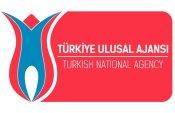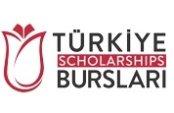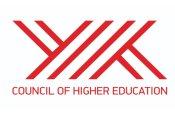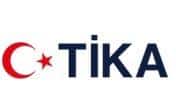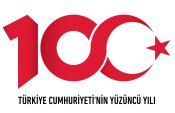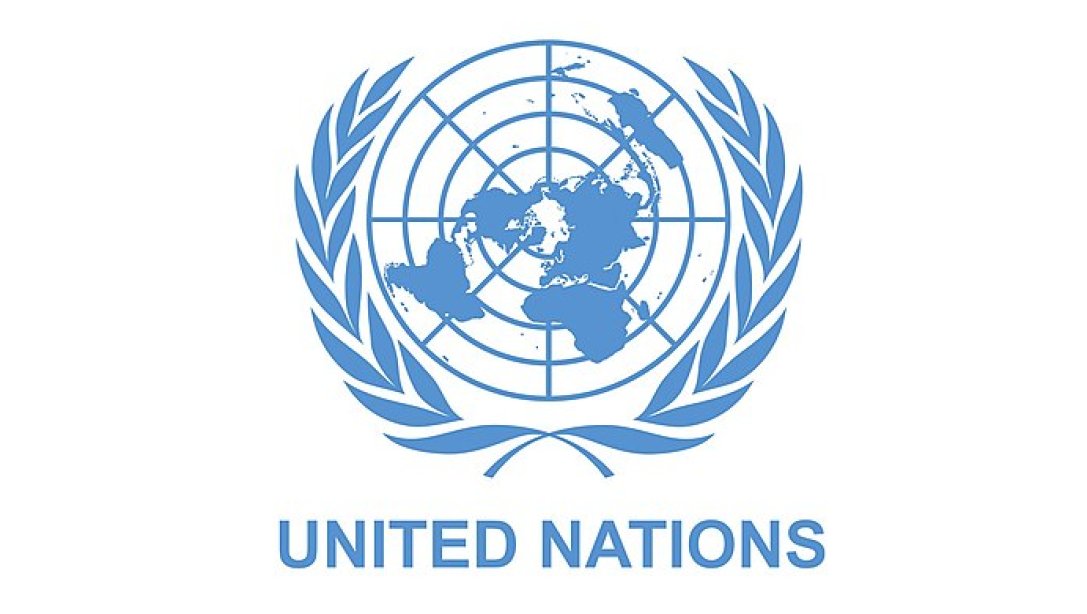
The United Nations was established on 24 October 1945, after the Second World War, by 51 countries including Turkey, to achieve a great vision for humanity: maintaining international peace and security, promoting sustainable development, and securing human rights. Its membership now encompasses 193 countries.
The main bodies of the United Nations are the General Assembly, the Security Council, the Economic and Social Council, the Trusteeship Council, the International Court of Justice, and the UN Secretariat.
· General Assembly
The General Assembly is the main deliberative, policymaking and representative organ of the UN. All 193 Member States of the UN are represented in the General Assembly, making it the only UN body with universal representation. Each year, in September, the full UN membership meets in the General Assembly Hall in New York for the annual General Assembly session, and general debate, which many heads of state attend and address. Decisions on important questions, such as those on peace and security, admission of new members and budgetary matters, require a two-thirds majority of the General Assembly. Decisions on other questions are by simple majority. The General Assembly, each year, elects a GA President to serve a one-year term of office.
· Security Council
The Security Council has primary responsibility, under the UN Charter, for the maintenance of international peace and security. It has 15 Members (5 permanent and 10 non-permanent members). Each Member has one vote. Under the Charter, all Member States are obligated to comply with Council decisions. The Security Council takes the lead in determining the existence of a threat to the peace or act of aggression. It calls upon the parties to a dispute to settle it by peaceful means and recommends methods of adjustment or terms of settlement. In some cases, the Security Council can resort to imposing sanctions or even authorize the use of force to maintain or restore international peace and security. The Security Council has a Presidency, which rotates, and changes, every month.
· Economic and Social Council
The Economic and Social Council is the principal body for coordination, policy review, policy dialogue and recommendations on economic, social and environmental issues, as well as implementation of internationally agreed development goals. It serves as the central mechanism for activities of the UN system and its specialized agencies in the economic, social and environmental fields, supervising subsidiary and expert bodies. It has 54 Members, elected by the General Assembly for overlapping three-year terms.
· Trusteeship Council
The Trusteeship Council was established in 1945 by the UN Charter, under Chapter XIII, to provide international supervision for 11 Trust Territories that had been placed under the administration of seven Member States, and ensure that adequate steps were taken to prepare the Territories for self-government and independence. By 1994, all Trust Territories had attained self-government or independence. The Trusteeship Council suspended operation on 1 November 1994. By a resolution adopted on 25 May 1994, the Council amended its rules of procedure to drop the obligation to meet annually and agreed to meet as occasion required -- by its decision or the decision of its President, or at the request of a majority of its members or the General Assembly or the Security Council.
· International Court of Justice
The International Court of Justice is the principal judicial organ of the United Nations. Its seat is at the Peace Palace in the Hague (Netherlands). It is the only one of the six principal organs of the United Nations not located in New York (United States of America). The Court's role is to settle, in accordance with international law, legal disputes submitted to it by States and to give advisory opinions on legal questions referred to it by authorized United Nations organs and specialized agencies.
· Secretariat
The Secretariat comprises the Secretary-General and tens of thousands of international UN staff members who carry out the day-to-day work of the UN as mandated by the General Assembly and the Organization's other principal bodies. The Secretary-General is Chief Administrative Officer of the Organization, appointed by the General Assembly on the recommendation of the Security Council for a five-year, renewable term.
As a founding member of the United Nations, Turkey has actively and significantly contributed to facilitating effective implementation of the UN mandate, ranging from peacekeeping and peace building to improving the lives and livelihoods of the poor world-wide.
Milestones
1- The Organization has been working for more than 50 years in Turkey, as a partner with the government, private sector, media, women's groups, NGOs, academia and other representatives of civil society to support the implementation of Turkey's national vision and implement national programmes and priorities.
2- UN Turkey initiatives place special emphasis on building capacity, assisting in the design and formulation of national policies, strategies and action plans, sharing information, knowledge and experience and bringing best practices from around the globe to enrich the national development process, in addition to transferring Turkey's success story in development to third countries.
3- Cooperation framework between the UN and Turkey is to improve Turkey's performance in human development indices taking into consideration Turkey's status as an upper Middle Income Country (MIC) on the one hand, and the comparative and competitive advantages of the United Nations system in Turkey on the other.
4- As a result of enhanced cooperation between Turkey and the UN, İstanbul has become a regional hub to several UN agencies including the UN Development Coordination Office (DCO).
5- Turkey continues to host the largest number of refugees worldwide. UN states that it continues to work with Turkey in refugee and migrant related issues and urge international community for more burden sharing in humanitarian issues.
UN Entities in Turkey
· FAO
The Food and Agriculture Organization is a specialized agency of the United Nations that leads international efforts to defeat hunger.
(https://www.fao.org/turkey/en/ )
· ILO
The International Labour Organization (ILO) is devoted to promoting social justice and internationally recognized human and labour rights, pursuing its founding mission that social justice is essential to universal and lasting peace.
(https://www.ilo.org/ankara/lang--tr/index.htm )
· IOM
Established in 1951, IOM is the leading inter-governmental organization in the field of migration and works closely with governmental, intergovernmental and non-governmental partners.
· OCHA
OCHA is part of the UN Secretariat and is tasked with bringing together humanitarian actors to respond to emergencies.
(https://www.unocha.org/turkey-cross-border/about-ocha-turkey )
· UN Women
UN Women is the United Nations entity dedicated to gender equality and the empowerment of women. A global champion for women and girls, UN Women was established to accelerate progress on meeting their needs worldwide.
(https://eca.unwomen.org/en/where-we-are/turkey )
· UNDP
UNDP works in 170 countries and territories to eradicate poverty while protecting the planet. It helps countries develop strong policies, skills, partnerships and institutions so they can sustain their progress.
(https://www.tr.undp.org/content/turkey/en/home.html)
· UNFPA
The UN Population Fund states that it works for a World where every pregnancy is desired, every birth is safe, and every young person's potential is realized.
(https://turkey.unfpa.org/tr )
· UNHCR
UNHCR, the UN Refugee Agency, is a global organization working to saving lives, protecting rights and building a better future for refugees, forcibly displaced communities and stateless people.
· UNIC
UNICs are responsible for promoting greater public understanding of and support for the aims and activities of the United Nations by disseminating information on the work of the Organization to people everywhere, especially in developing countries.
(https://unic.un.org/directoryweb/Office.aspx?id=6 )
·
UNICEF
UNICEF works in over 190 countries and territories to save children's lives, to defend their rights, and to help them fulfill their potential, from early childhood through adolescence.
(https://www.unicef.org/turkey/ )
· UNIDO
UNIDO is the specialized agency of the UN that promotes industrial development for poverty reduction, inclusive globalization and environmental sustainability.
( https://www.unido.org/who-we-are-unido-worldwide-europe-and-central-asia-offices/turkey )
· UNV
It mobilizes volunteers to serve in UN agencies, both in development programmes and peacekeeping operations.
· WFP
The WFP is the primary humanitarian organization that saves and changes lives, delivers food in emergencies, and works with communities to improve nutrition and resilience.
( https://www.wfp.org/countries/turkey )
· WHO
WHO leads the global efforts in public health to coordinate the world's response to health emergencies, provide technical support to expand universal health coverage, serve the vulnerable.
(https://www.euro.who.int/en/countries/turkey )





